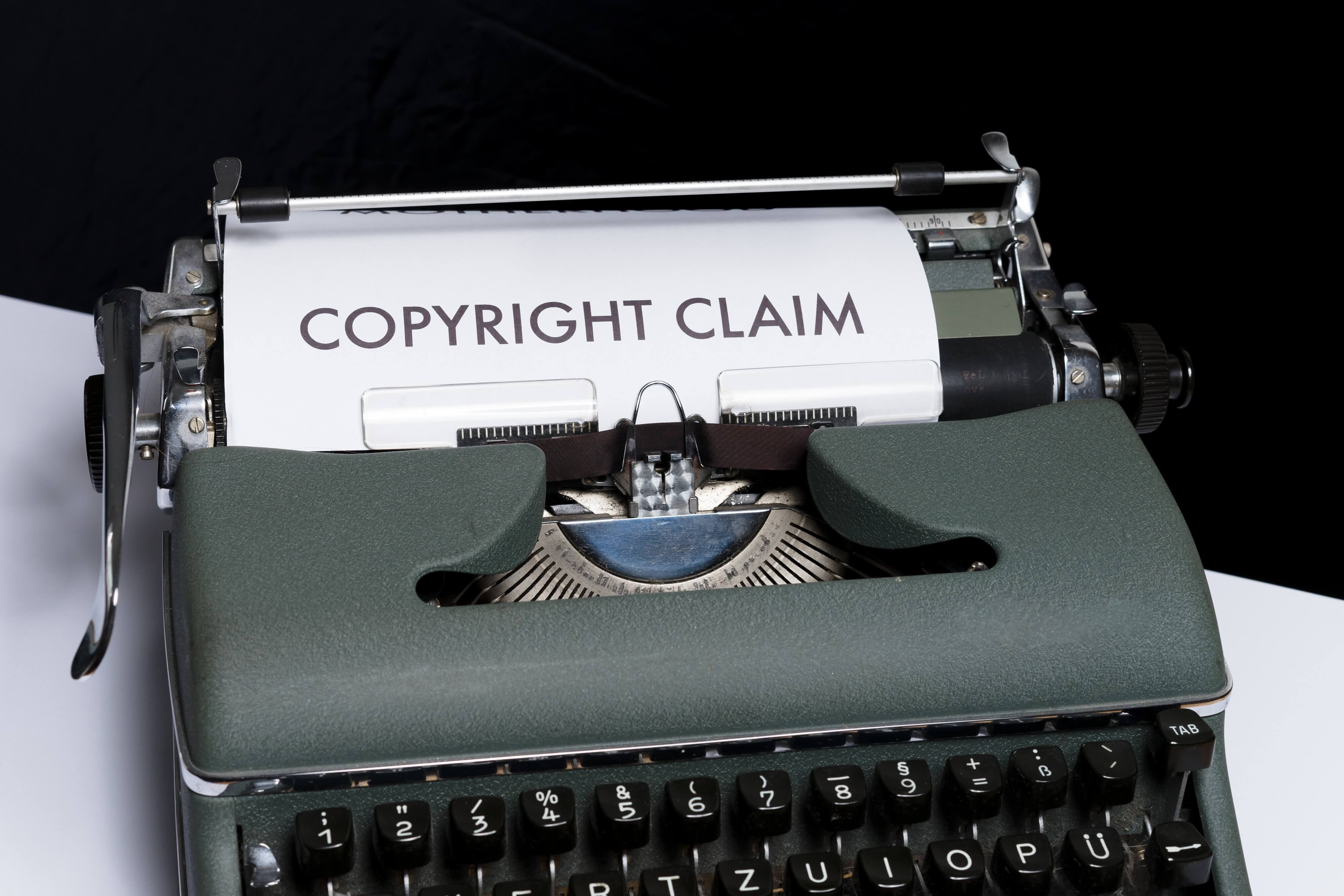Podcasting has exploded in popularity in recent years, with millions of people around the world tuning in to their favorite shows. However, with the rise of podcasting comes legal questions surrounding copyright, fair use, and licensing for audio content. As podcasters navigate the legal landscape, it is important to understand the laws and regulations that govern the use of copyrighted material in podcasts.
Copyright Basics
Copyright is a legal concept that grants the creator of an original work the exclusive right to use, distribute, and profit from their work. This includes works such as literature, music, and visual art. In the United States, copyright protection is granted automatically upon creation of the work and lasts for the life of the creator plus 70 years.
For podcasters, copyright law can be particularly complicated. The use of copyrighted material in podcasts, such as music, sound effects, and clips from other sources, can potentially infringe on the rights of the original creator. To avoid legal issues, podcasters need to understand the rules of fair use and licensing.
Fair Use
 Credits: @Markus Winkler
Credits: @Markus Winkler
Fair use is a legal doctrine that allows the use of copyrighted material for certain purposes without the need for permission from the copyright owner. The purpose of fair use is to balance the rights of the copyright owner with the public's interest in accessing and using information. In the United States, fair use is determined by four factors:
- The purpose and character of the use, including whether it is for commercial or nonprofit purposes and whether it is transformative in nature.
- The nature of the copyrighted work.
- The amount and substantiality of the portion used in relation to the copyrighted work as a whole.
- The effect of the use on the potential market for or value of the copyrighted work.
When considering fair use in podcasting, it is important to note that there is no definitive answer as to what is and is not fair use. Each case is evaluated on its own merits, and the determination of fair use is ultimately made by a court of law. However, there are some general guidelines that can help podcasters navigate fair use in their shows.
For example, using a short clip of a song in a podcast for the purpose of commentary or criticism may be considered fair use. However, using an entire song without permission for the purpose of creating a music podcast would likely not be considered fair use. Similarly, using a clip from a movie or TV show for the purpose of reviewing or analyzing the work may be considered fair use, but using the clip for the purpose of creating a new work, such as a mashup or parody, may not be considered fair use.
Licensing
Another way that podcasters can legally use copyrighted material is by obtaining a license from the copyright owner. A license is a legal agreement between the copyright owner and the user that grants permission to use the copyrighted material in a specified manner. Licenses can be obtained directly from the copyright owner or through third-party licensing agencies.
Music licensing is a common issue for podcasters, as music is often used to enhance the audio experience of a show. There are several licensing options available to podcasters, including royalty-free music, creative commons music, and commercial music licenses.
Royalty-free music is music that can be used without paying a fee for each use. Creative commons music is music that is released under a license that allows for free use, as long as certain conditions are met, such as attribution to the original creator. Commercial music licenses are agreements between the podcaster and the copyright owner that allow for the use of a specific song in exchange for a fee.
It is important for podcasters to obtain proper licensing for the use of copyrighted material in their shows. Using copyrighted material without permission or proper licensing can result in legal action, including fines and even the shutdown of the podcast.
Final Thoughts
In conclusion, podcasters need to understand the legalities surrounding copyright, fair use, and licensing in order to avoid legal issues and protect their intellectual property. While fair use can provide some leeway for the use of copyrighted material in podcasts, it is important to understand the limitations and potential risks. Obtaining proper licensing is another option for legally using copyrighted material in podcasts.
As podcasting continues to grow in popularity, it is likely that legal regulations and guidelines will continue to evolve. Staying informed and up-to-date on the current laws and regulations can help podcasters navigate the legal landscape and create successful and legally sound shows.

